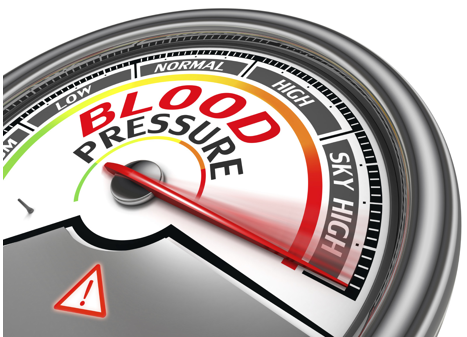Why is weight management important?

Weight gain occurs when more calories are eaten and drunk, than burnt through exercise and normal daily activities. The body stores these extra calories as fat. Weight gain and obesity usually results from a combination of causes and contributing factors; such as lifestyle, genetics, medical conditions and prescribed medication.
According to NHS UK Calories the amount of energy in food or drink is measured in calories. You need energy from calories for your body to work properly. Your body uses this energy to function properly. Calorie information is often given in kcals, which is short for kilocalories. It may also be given in kJ, which is short for kilojoules. As a guide:
- an average man needs 2,500kcal a day.
- an average woman needs 2,000kcal a day.
- Age.
- Weight.
- Height.
- How much exercise they do.
In simple terms a person is likely to lose weight if they eat and drink fewer calories than they use.
Risks of obesity
It is the consequence of obesity and being overweight that make the statistics so serious. It is well documented and evidenced that obesity can increase the risk of developing a number of serious and potentially life-threatening conditions, such as:
- High blood pressure
- High cholesterol
- Coronary heart disease
- Stroke
- Type 2 diabetes
- Some types of cancer, such as breast cancer and bowel cancer
More information can be found on the Obesity parts of the NICE and NHS websites.

